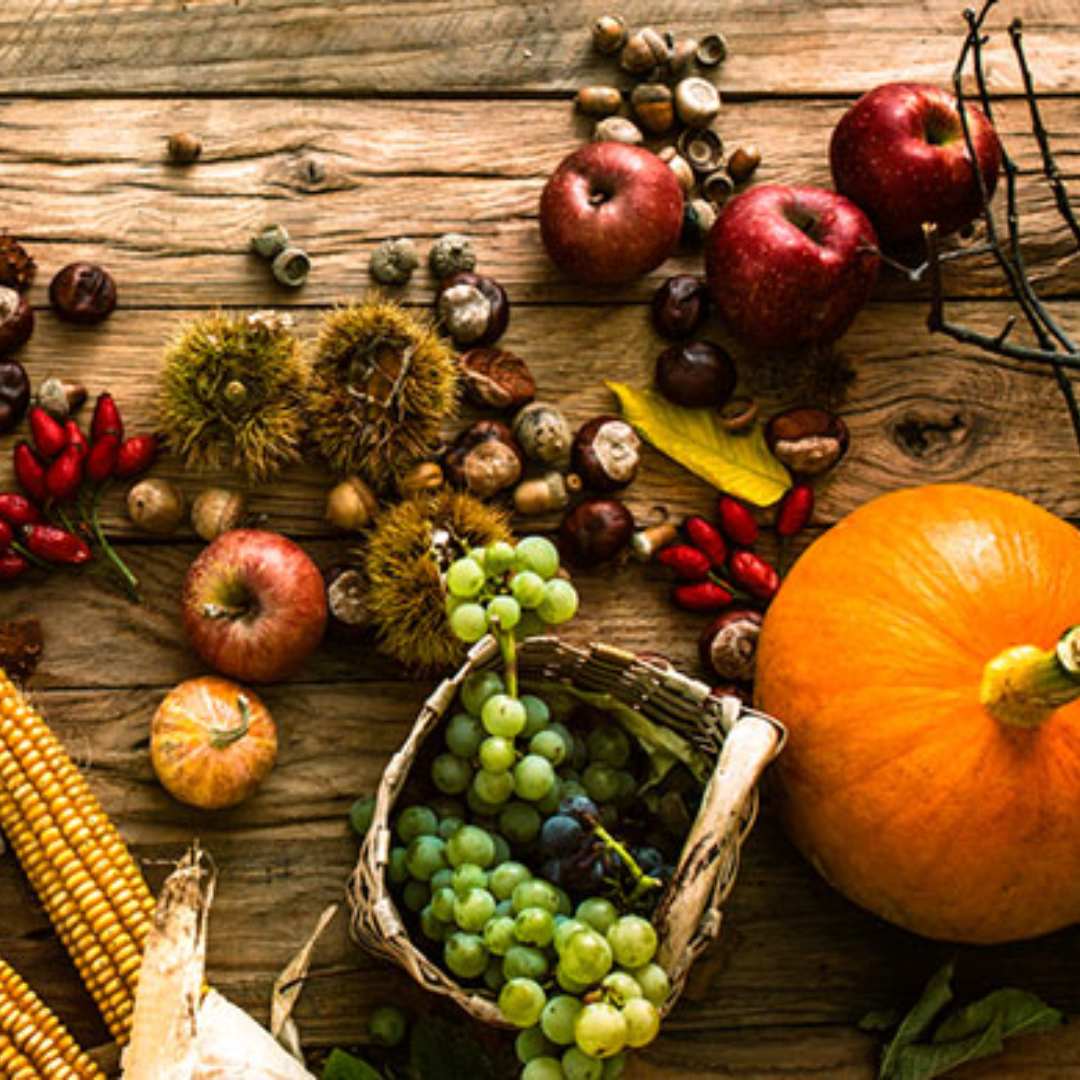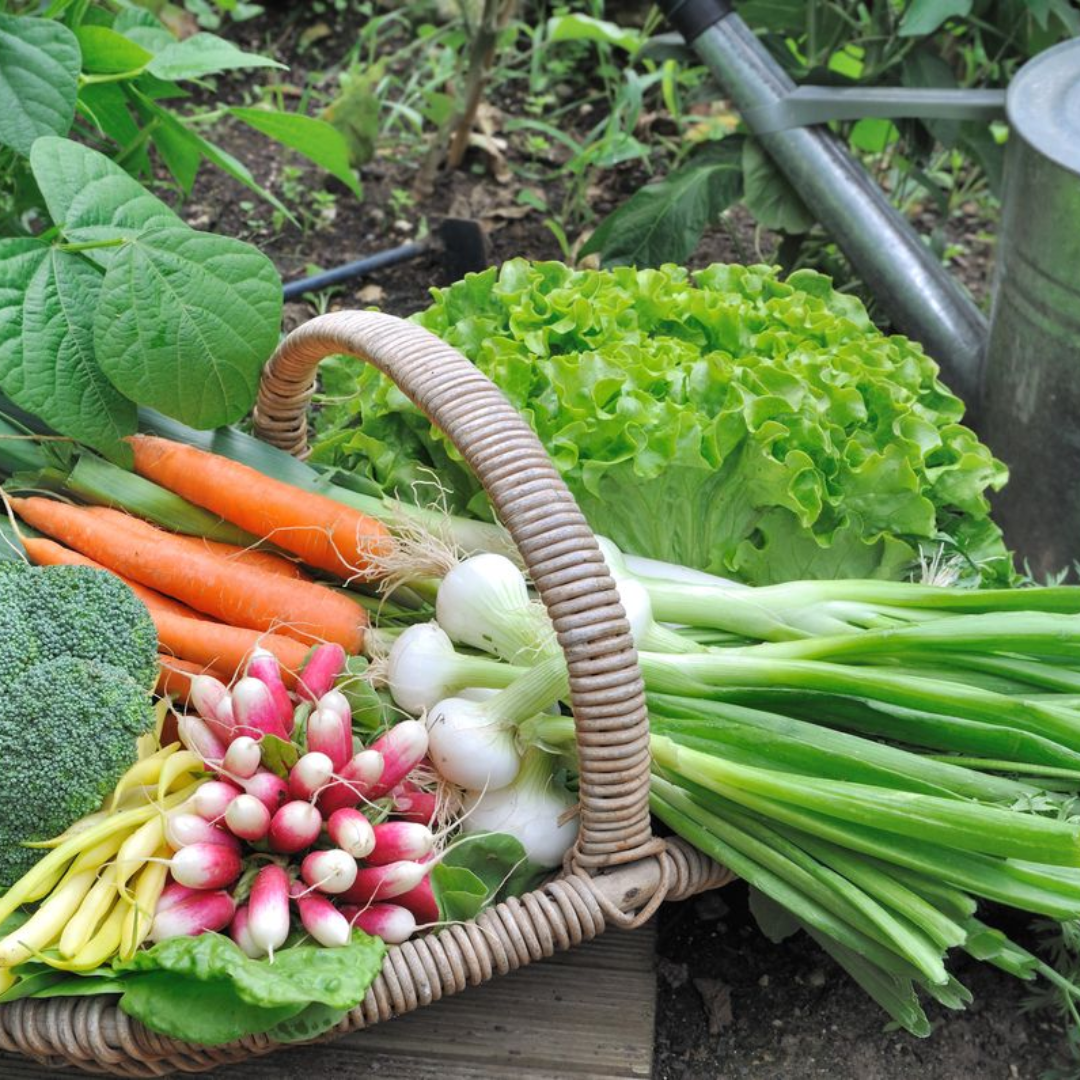
Walk Lightly on the Land: A sustainable worldview
~5 min read
In October of 2023, the World Wildlife Fund released a discussion paper “Walk Lightly on the Earth,” in which they address the twin challenges of climate change and wildlife diversity. They make the claim that both challenges are the result of the way we interact with Earth. We consume more than we need, and our extraction methods damage the planet.
Our relationship with the planet drives these destructive behaviours.
Newton: The Last of the Magicians
In his book “Re-enchantment of the World,” Morris Berman points to the 1500s as the time when the act of dominating nature arose out of the magic tradition. By the mid 1600s Newton had set the basis for an understanding of science that is still in use today. If you studied physics in school, it was probably Newtonian physics. But Newton was more committed to alchemy than to modern science. As Berman points out, Newton was not the first of the age of reason, he was the last of the magicians. (pg. 118 of Re-enchantment).
In his essay “Religion in the Making,” Alfred North Whitehead points out that myths involve persons or things, real or imaginary. Rituals performed in conjunction with the myths form the basis of worship. If the hero of the myth is a person, the ritual with its myth is a “religion.” If the hero is an object, it’s called “magic.” Science can be traced back to magic. Calling Newton a magician is not such a stretch.
While Berman traces the myth defining how we interact with the world back to the 1500s and the rise of science, my sense is that it can be traced back even farther, to the Bible and specifically the first chapter of Genesis, verse 29, where it says, “And God blessed them, and God said unto them, Be fruitful, and multiply, and replenish the earth, and subdue it: and have dominion over the fish of the sea, and over the fowl of the air, and over every living thing that moveth upon the earth.” (King James Version)
This is probably good advice for desert people fighting for existence in a hostile environment where their very survival is the struggle. However, the Hebrew word used for “subdue” is also the word used for enslaving and even assault. It is not a friendly encounter. The word used for dominion describes the role a king has for a country, but not for his own country. Domination is something done to a conquered country. It also is not a friendly encounter. The king is not a member of the dominated country.
In contemporary settings, the relationship between us and Earth has often been redefined as stewardship, with people caring for the land the way a steward might care for his master’s property. This is a noble sentiment, but not really what the text says. One of the most famous parables from Jesus is about the Dishonest Steward, so even the role of steward is not necessarily benevolent.
The Honourable Harvest
In keeping with the request to walk lightly on the land, perhaps we need a more relevant myth. In her book Braiding Sweetgrass, Robin Wall Kimmerer describes a rather different relationship. Indigenous people have been living light on the land for millennia without significant degradation of the planet.
As Kimmerer points out, in discussing entities in the world around us, scientists ask not “Who are you?” but “What is it?” Making the world objective rather than subjective removes any hint of agency for Earth. There can be no relationship between us and Earth if Earth is an object. In Indigenous culture, the bounty of Earth is a gift from Earth. To harvest is not to take what we are due from Earth but to receive the gifts of the harvest for which we are grateful, and we show that gratitude by saying thank you. It seems unlikely that industrial farmers say thank you for the harvest they are bringing in. And in my experience, no one shopping in the grocery store is saying thank you to Earth for what they are about to receive. Perhaps they feel entitled to the harvest.
Kimmerer describes what she calls the Honourable Harvest. There are many aspects of this type of harvest, including take only what you need, never waste what you take, share, give thanks for what you have been given and give a gift in return for what you have been given. The thought of giving a gift to Earth is quite foreign to me and inconsistent with thinking of Earth as an object. The Honourable Harvest is not consistent with our worldview but maybe it should be.
Our extractive interaction with Earth is not sustainable. If we are to continue to live on Earth for years to come, let alone millennia, we will need a new relationship with Earth. Getting to that new relationship may require a sacrifice, a change in our worldview.


